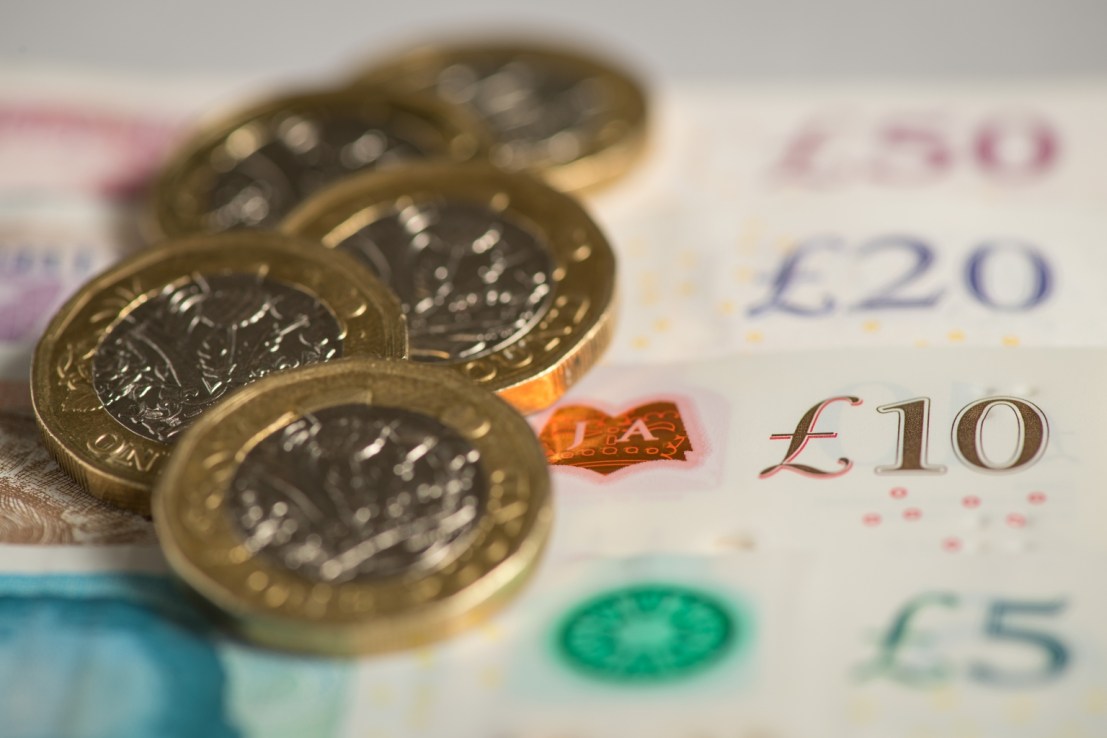Pound’s rally fades ahead of crucial US jobs data
The pound’s stunning rally has stalled as traders look for direction amid a quiet week in the data calendar for the UK. Sterling was trading 0.2 per cent lower against the dollar at around $1.311 having lost over one per cent against the greenback in the past five days. The dollar has been trading around [...]


The pound’s stunning rally has stalled as traders look for direction amid a quiet week in the data calendar for the UK.
Sterling was trading 0.2 per cent lower against the dollar at around $1.311 having lost over one per cent against the greenback in the past five days.
The dollar has been trading around a two-week high ahead of important data releases this week, including the manufacturing PMI this afternoon and Friday’s jobs figures.
These figures will be crucial for determining whether the US Federal Reserve cuts rates by 25 basis points or 50 basis points in September.
“If the data remains robust, a 25 bps cut is more likely. However, a weak non-farm payrolls, particularly if it falls below 130,000 with another jump higher in unemployment rate, could push the rates market closer to pricing a 50 bps cut,” Charu Chanana, head of currency strategy at Saxo said.
The pound performed well despite sluggish performance
Despite the pound’s sluggish performance recently, sterling has performed above all expectations so far this year.
Last Tuesday, the pound hit $1.3246, its highest level against the dollar in 29 months, while it climbed to its strongest position against the euro since August 2022 earlier this year.
Chris Turner, head of FX strategy at ING, said the pound’s strong performance has been helped by the Bank of England’s “reticence to signal a full-blooded easing cycle” combined with the “malaise” in the eurozone and a slowdown in the US.
As a result, markets are now betting on at least three Fed and two ECB rate cuts before the end of this year, compared to just one for the Bank.
In the UK services inflation still remains above five per cent in the UK, as does wage growth, indicating some sticky price pressures.
Growth has also surprised substantially to the upside, with the UK emerging as the fastest growing economy in the G7 over the first half of the year.
Looking forward, Turner doubted that Autumn’s Budget would be a game-changer for the pound, suggesting it would be “fiscally neutral“.
Bank of America expect sterling to continue outperform, forecasting that the pound would touch $1.35 by the end of this year as a possible tightening of the UK labour market gives policymakers reason to ease monetary policy more slowly.



